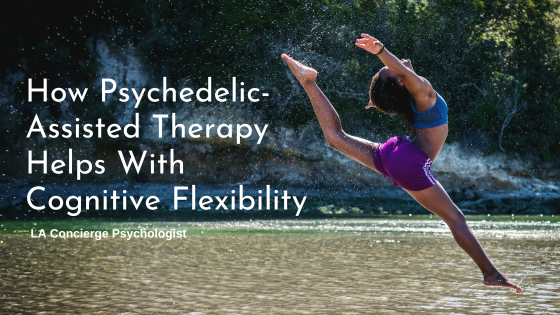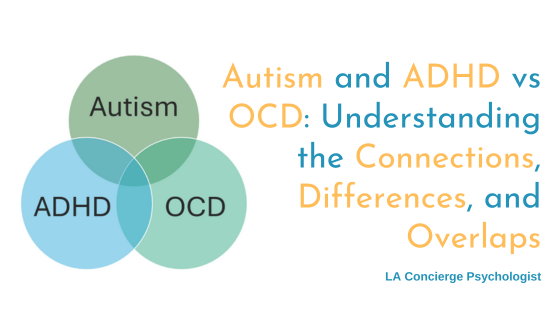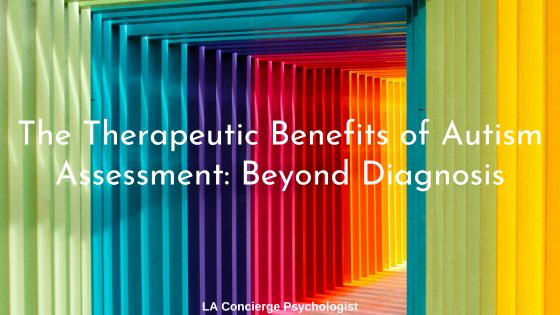Sadly, autistic people are more likely to become victims of partner violence. This is not the autistic person’s fault. Unfortunately, aspects of autism can make it harder to detect and avoid abusive people. This is why it’s important to notice red flags in relationships, so that you can get out of a bad situation before it becomes dangerous. With awareness and preparation, there is a higher chance of not getting trapped in an unhealthy relationship, and you will have a better idea of when and how to ask for help if you’re stuck and feel unsafe.
Abusive Behavior and the Power and Control Wheel
The power and control wheel was created in Duluth Minnesota in the 1980s. It is a selection of the most common types of abuse and what those abusive behaviors might look like. Abuse doesn’t always look as blatant as we might think, so knowing what behaviors and red flags to look for in relationships will further help autistic people avoid abusive partners. The behaviors included on the wheel are physical and sexual abuse, coercion, intimidation, emotional abuse, economic abuse, minimizing denying or blaming, using children, male privilege, and isolation.
Why Autistic People are More Likely to Encounter Abuse
Certain aspects of autism make it easier for abusive partners to do a lot of harm. Many autistic people are very literal thinkers and very honest. Because they are truthful and forthright, they expect others to be also and take people at their word. This means that a person with deceptive or manipulative intentions can manipulate and lie to them more easily; this is especially true when the abuser is charismatic, which many are.
Autistic people also often struggle with interpreting non-verbal communication and other social cues. These are often some of the first signs that a person is engaging in abusive behavior, so an autistic person might not see the subtle signs until things have spiraled out of control. Sadly, due to societal ableism and stigma against neurodivergent people, autistic people frequently lack strong support systems. This makes it easier for someone to isolate and manipulate them without outside interference.
Here are some signs to look for in a potential or current partner to determine if you are in a safe situation. If you think you may be in an abusive or unhealthy relationship, reach out to someone you trust right away. If you don’t have someone you trust, reach out to a domestic violence shelter in your area for assistance. If you are in Los Angeles, Peace over Violence is a reputable non-profit organization that aims to help people build healthy relationships free from abuse.
Red Flag 1: They Use Your Autism Against You
If you get overwhelmed easily and have trouble thinking clearly when your emotions are high, and your partner forces arguments or big decisions in these moments, they might be manipulating you. An abusive partner might even intentionally push you into a state of dysregulation to win a fight. This is emotionally abusive and a form of coercion. A good partner will respect you and your limits and will discuss things with you when you are in the right frame of mind. Your emotions are a part of you and how you express yourself, and no one should use them against you for any reason.
Red Flag 2: They Minimize Your Independence
Even non-abusive people often treat autistic people like children, infantilizing them even when they’re adults. An abusive partner will take this further. They might tell you you are incapable of succeeding without help, control your daily activities, and refuse to let you handle your own finances. They may gaslight you into thinking you need them to do these things for you. This makes it even harder to leave because you may become scared that they are right. This is emotionally and financially abusive. Even if you need extra support, you still deserve to have control over your own decisions. If you haven’t asked for this level of help or if it’s restricting your independence, it is a toxic situation, and your autonomy is being violated. In a healthy relationship, your partner will collaborate with you to figure out what supports you need and leave decisions about your personhood up to you. It’s particularly important to have affirming people in your life to help you spot this kind of manipulation.
Red Flag 3: They Violate Your Boundaries
Many autistic people experience low-level gaslighting their entire lives. They are told that their sensory needs are invalid or too much or their needs are dismissed because they are outside of societal norms. Unfortunately, this constant dismissal means they are less likely to realize that they’re being mistreated when their partner starts violating their boundaries.
Even if they speak up about unacceptable behavior, they have been trained by years of minimizing to cater to other people’s expectations. If you notice that your partner is behaving this way, it’s time to carefully evaluate the relationship. If you say no and are ignored or if you express a need and that need is dismissed or mocked, your partner is not respecting your boundaries. This may not be abusive behavior right away, but it’s not a big jump from this to control and coercion. If it makes you uncomfortable, you have a right to demand a change or to leave the situation if you feel safe doing so.
Red Flag 4: They Ignore Consent
This article has already talked about someone ignoring your emotional and daily needs. This abusive behavior frequently leads to violating your consent about your body. This becomes especially damaging in sexual relationships. An abusive partner will impose their own desires on you and ignore what you want or don’t want.
Sex can be vulnerable, and many autistic people experience extreme sensory overload because of the associated physical sensations. They may not be regulated enough during the act itself to speak up for their needs or preferences, even in a supportive relationship. This only gets worse if someone is ignoring their wishes.
This is also another time when it’s easy to miss non-verbal cues about someone’s ill intent, because so much surrounding sex and intimacy is about body language and implication unless both people have agreed to communicate very explicitly. It’s important to establish rules about your needs beforehand and to hold your partner accountable for sticking to them.
Consent is non-negotiable. If you say no to anything, and your partner doesn’t listen to you or ‘convinces’ you that you actually want it, that is a major violation. You always have the right to say no without an explanation. Violating consent is sexual abuse. It doesn’t matter what state the partnership is in. Even if you’re married, you have the right to say no. If they don’t listen, this is sexual assault.
Red Flag 5: Their Bad Behavior is a Pattern
There are many other red flags in relationships for abusive behaviors. If a partner ever tries to frighten you into doing something or if they use other people in your life to manipulate you, this is abuse. If they tell you that something didn’t happen, or if they minimize it or blame you instead of taking responsibility for their own actions, this is abuse. If they control your money, social life, or daily activities, this is abuse. It can sometimes be difficult to pick up on isolated incidents of abusive behavior. But many autistic people are very good at spotting patterns. Use this skill to your advantage. If you’re not sure if a single incident is abusive, look back over their past behavior and try to spot the patterns. These will usually make things very clear.
Support for Autistic Adults Who are Dating
Being autistic might make you more vulnerable to abuse, but it never gives someone the right to treat you poorly. If your relationship makes you uncomfortable or gives you a bad feeling, it’s okay to ask for help or to step away. Find a support system, friend, family member, or local organization to help you figure out the situation. You deserve to be treated with kindness and respect.
If you have a history of being in abusive relationships, therapy can help you heal from that trauma. Additionally, an adult autism specialist will be able to help you learn what red flags to look out for in order to avoid unhealthy relationships. Moreover, the support of a therapist can help you learn to effectively set boundaries that may help you in your relationships.
Send us a message to see how we can help or book a free 20 minute consultation call with Dr. Barajas or Dr. Goldman.



